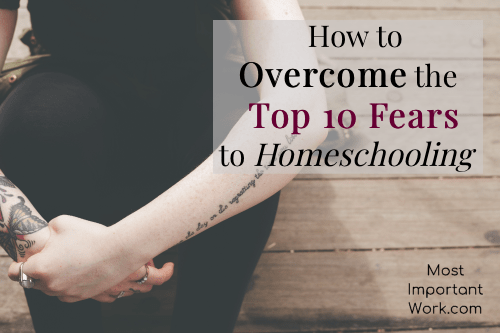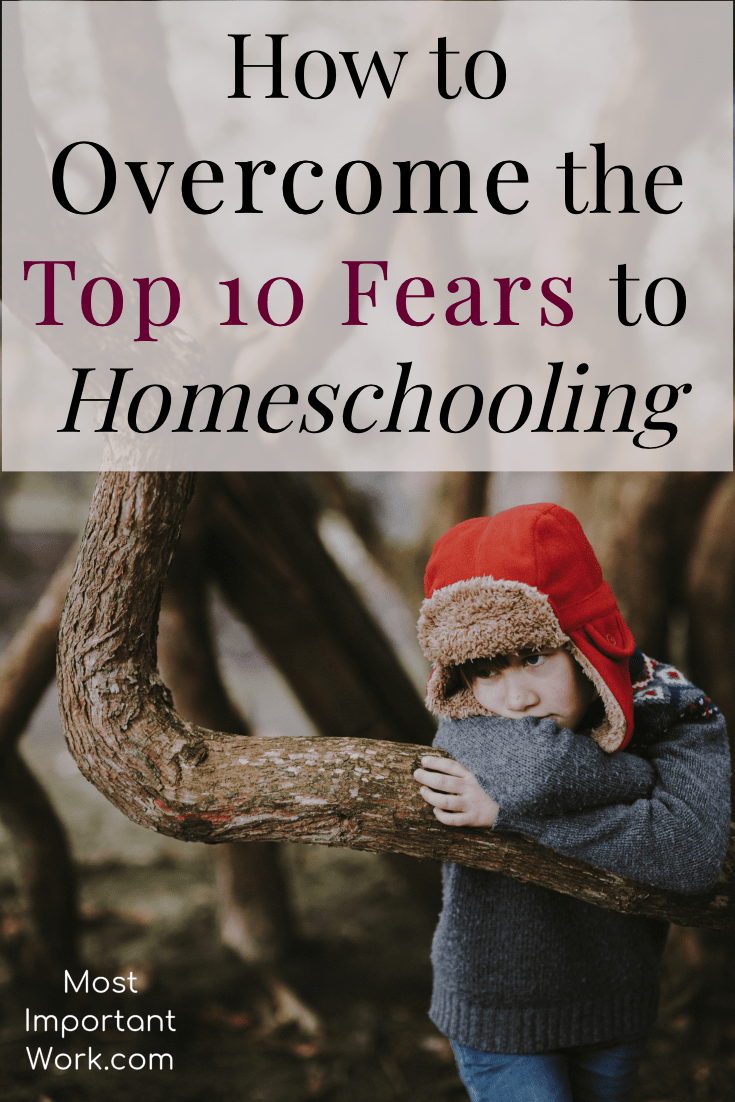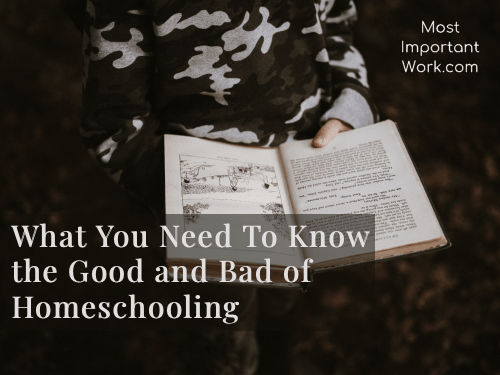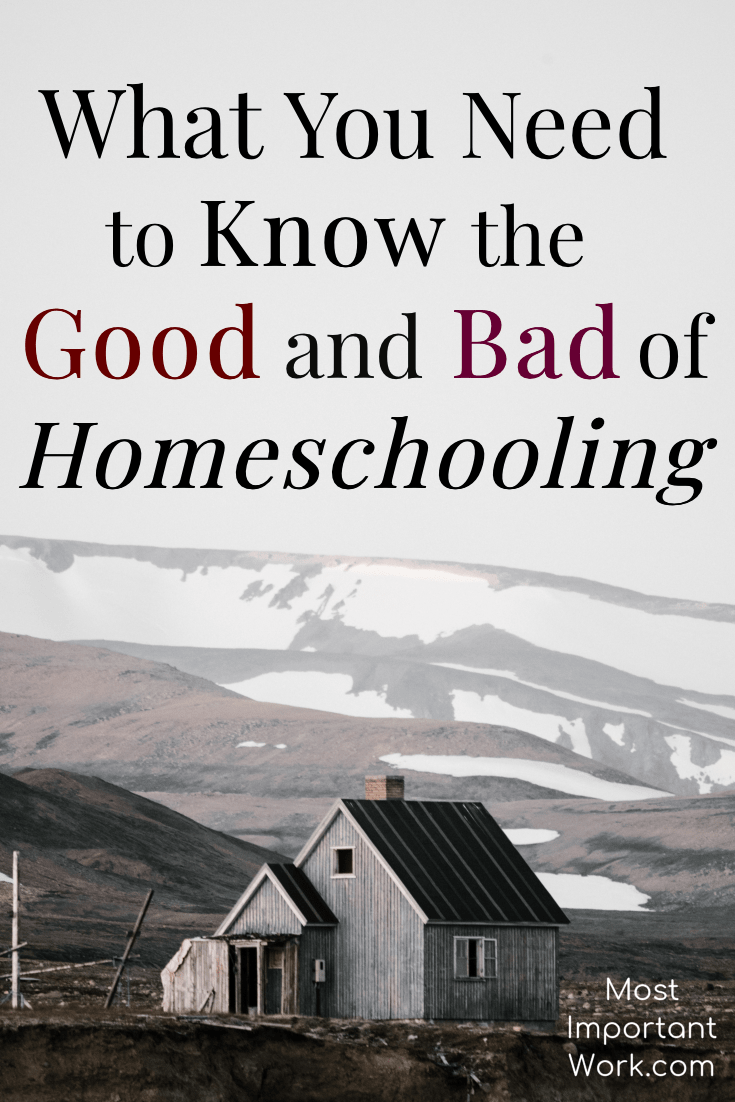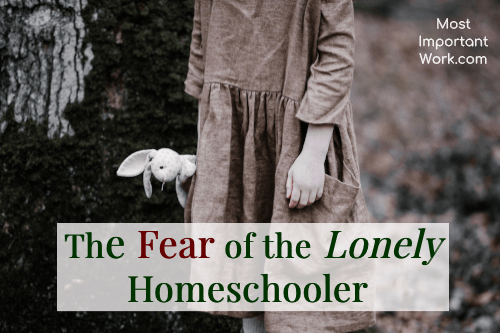
The Fear Of The Lonely Homeschooler
Reading Time: 4 min 58 sec
I pushed my cart up to the checkout counter at my local grocery store. My cashier was an early twenty-something who just oozed personality. I swear, part of the job description for working at this grocery store is the ability to make small talk. She immediately launched into how my day was going, which inevitably led to asking questions to my kids.
There is a running joke (and a thousand memes) regarding the comment’s homeschoolers receive at the grocery store. Let me warn you, inquiries don’t all come from people over the age of sixty.
After discovering that my kids were homeschooled (it was 10am on ordinary Wednesday after all) her first comment was to say that she would love to homeschool her future kids but her boyfriend would never agree. She then went on to disclose his fear (and her own) about how would her kids be socialized when they were at home ALL THE TIME.
I wanted to point out that my kids were in fact out of the house and Socializing right now, but that didn’t seem very helpful. 🙂
The fear of the lonely (or socially inept) homeschooler is one of the top concern’s parents have when deciding whether or not to homeschool. We worry about whether or not our kids will be able to function in the various situations that life presents them. Will they be able to make friends? Will they be able to interact with others? We all sincerely want to do what’s best for the future of our kids. So how do we raise children outside of the school walls who can function well within society?
1.What Is Socialization?
2. The Fear of Being Different
3. The Real-Life Truth

1. What Is Socialization?
The heavy emphasis on the importance of socialization is not limited to homeschooling. Before our kids are born we are inundated with the significance of socialization.
This is aptly described in the popular tv show The Office, where Pam the lead character, mentions that it’s good her child is going to the nursery because then it could have some time to socialize with the other babies.
Do we ever stop and ask ourselves what exactly is socialization? What are we working so hard to accomplish FOR our children?
We all assume socialization means interacting with others but that is only one facet. The Merriam-Webster dictionary states that socialization is defined as, “the process beginning during childhood by which individuals acquire the values, habits, and attitudes of a society”.
Just think about that for a second.
“ ..by which individuals acquire the values, habits, and attitudes of a society.”
We need to know what we are striving so hard to accomplish in our child’s life. We need to come to terms with the goal of socialization and decide for ourselves how much influence we want society to have in the life of our child.
2. The Fear of Being Different
Why do we all imagine homeschoolers as nerds who live under a rock only come out for food and chess tournaments? In my opinion, I believe that part of the real reason we are stressing the importance of socialization is due to fear.
We are deathly afraid that our child will be seen as different. We worry about what our friends will think if our child does behave the same as his or her peers. We wonder if we are setting our child up for future bullying or that they will grow up naive and unable to function in society. We are deathly afraid that our kids will grow up to be the oddball out.
When we experience fear, a good exercise is to list out the worst-case scenarios. When you take the time to name the fears they suddenly get smaller. You are able to figure out what fears are valid and need to explore further (through further research, discussion with your spouse, or prayer).
And you are able to decide what fears are irrational and need to be seen for what they are. Sometimes fear can become so overwhelming that it keeps us from taking a look at the big picture.
Now, the general point of education is so that we can raise functioning members of society. If that is our goal, why do we think it is crucial to have our child’s physiological, moral, and social development shaped eight hours a day by twenty-five peers who come from families whose values are far different than our own?
Do we really want our children to be influenced by kids who the only reason they are together is that they were born in the same calendar year? Or do we want to surround our kids with the best and the brightest? Encouraging them to interact with people of all ages and nationalities?
There is really no other time in my child’s life where they will be surrounded for eight hours a day with a group of people all the same age. Really from the moment we graduate high school, we are expected to be able to interact in groups with people of all different ages. I want to prepare my child for life, not school.
3. The Real Life Truth
So, let’s talk homeschool reality. The basis of homeschooling is living life together in community. Even if I would like to buy a tiny home and live out in the middle of the woods, I still have milk to buy, dentists to visit, and that’s just the boring stuff.

What I am trying to say is that by homeschooling your children are learning how to interact with different types of people in different settings EVERY DAY. They don’t need a specific class on it. 🙂
In addition to real life situations, there are also a plethora of activities that are available to your child. These are great places for your children to form friendships and interact with children and adults of all ages.
There are co-ops where homeschooling moms get together and teach their favorite subjects (so you don’t have to teach the ones you hate). There are field trips, sports, neighborhood, and church activities, and specialized programs and internships. The list literally goes on and on and on.
To finish the tale of my grocery store experience. I settled for a quick response to the cashiers’ questions by listing all of the opportunities my children have to socialize. I am going to assume that she was in a state of shock when she said, “Wow. I guess they really do have time with other kids. I guess you don’t have to be afraid your kids will be weird.”
No, cashier lady, I am not afraid my children will be weird. I am excited that they get to experience the world as their playground.
Mamas, let’s say no to fear and embrace the possibilities.
Are you wondering HOW do you actually get started homeschooling? Join our community of moms who want to invest in the lives of their children through homeschooling. I also created a 10 Tips to Finding Excellent Curriculum form to help you on your journey.
What about you? What are your top concerns when it comes to socialization? Leave a comment, and don’t forget to follow Most Important Work on Pinterest!







